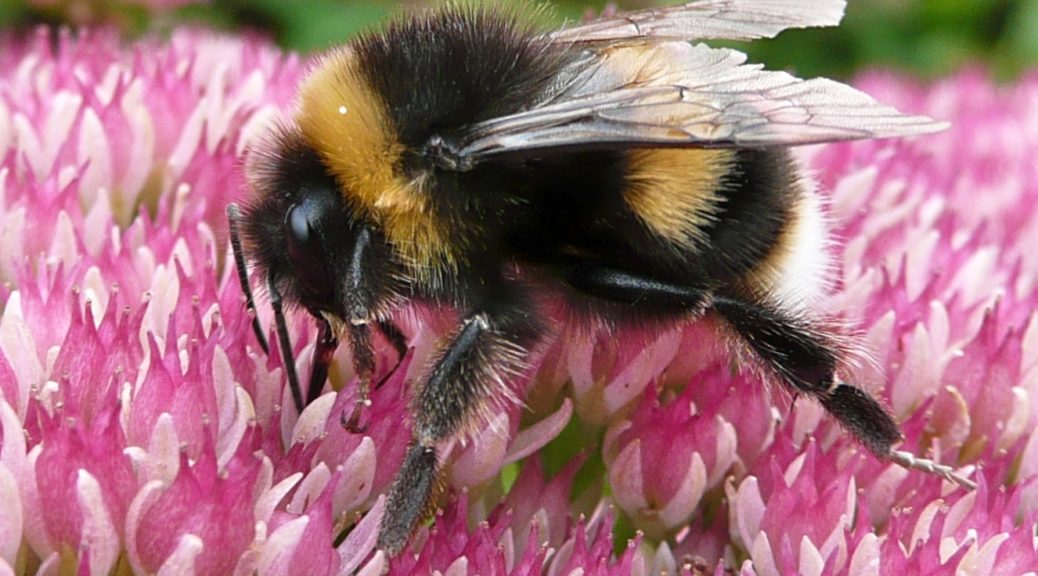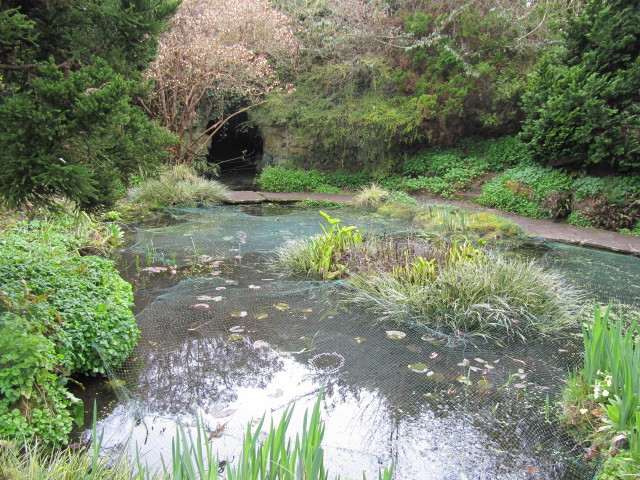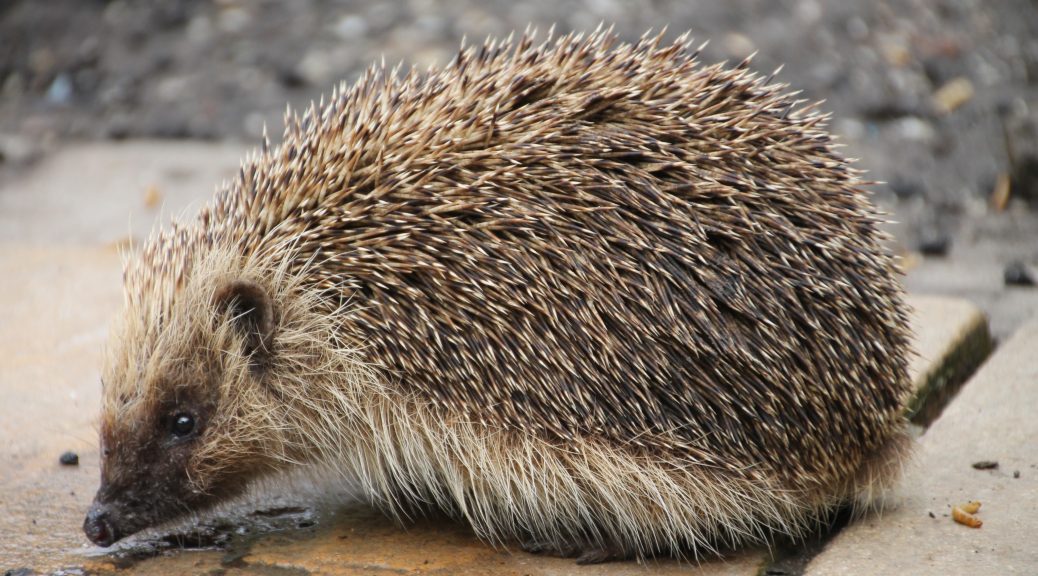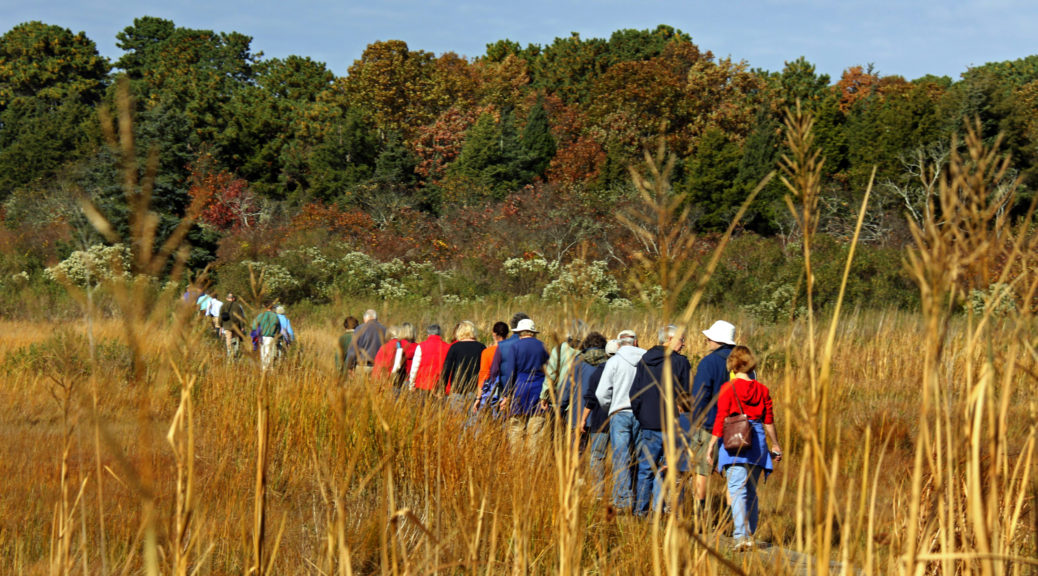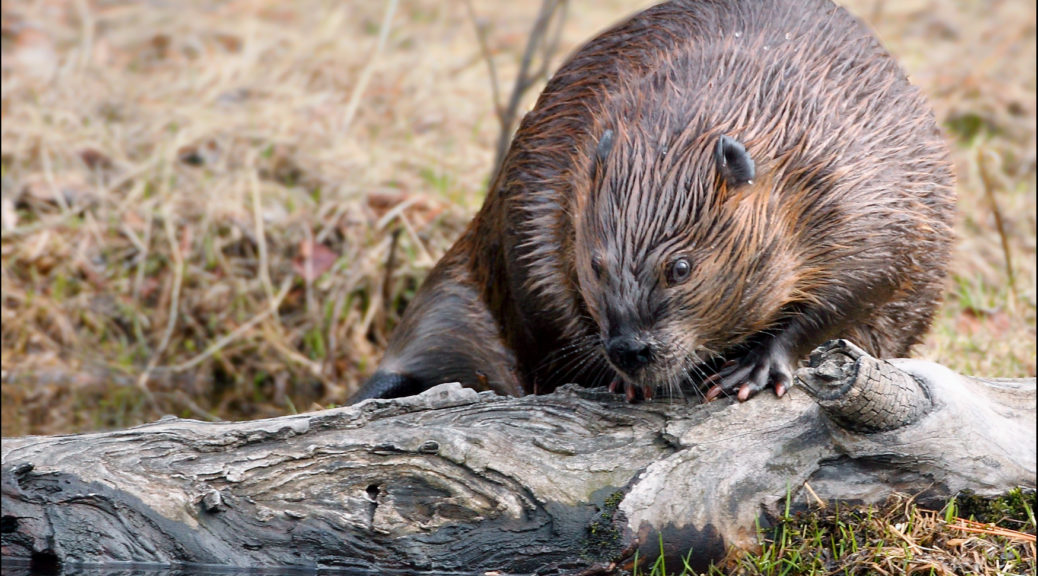The Times reports oysters are to be reintroduced to the Thames estuary in the hope of reviving production of the shellfish on a scale not seen for centuries.
The oyster population of the Thames has suffered an estimated 95 per cent decline in the past 200 years, due to habitat loss, pollution and disease. Human intervention is now the mollusc’s only hope, according to conservationists from the Zoological Society of London, and work will begin this month to build a new oyster bed in Essex.

